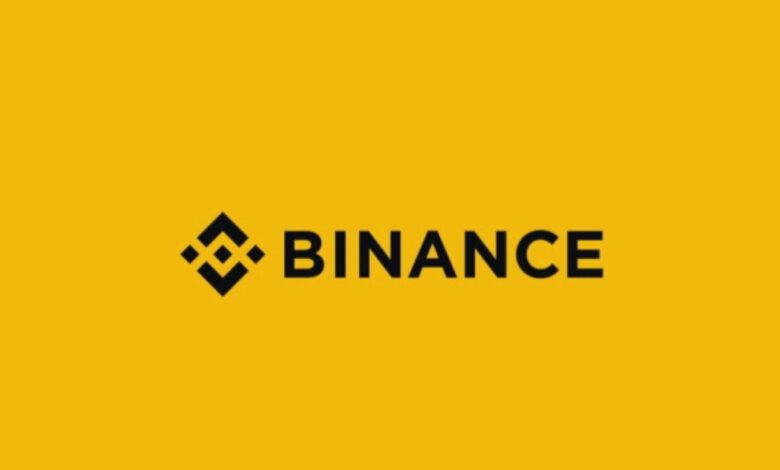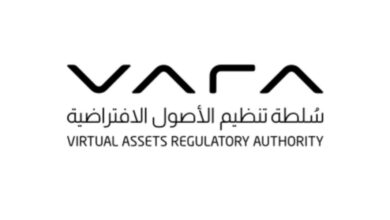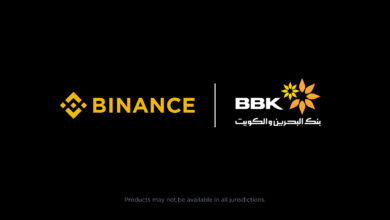SEC Dismisses Binance Lawsuit: A Turning Point for Crypto Regulation

In a major development for the global crypto industry, the U.S. Securities and Exchange Commission (SEC) has voluntarily dismissed its civil lawsuit against Binance and its founder Changpeng Zhao (CZ), marking a pivotal moment in U.S. crypto regulation. The case—centered on alleged securities law violations—was dropped with prejudice, preventing it from being reopened. The dismissal not only clears a major legal hurdle for Binance but also reflects the SEC’s shifting stance under new leadership, as it begins to offer more regulatory clarity instead of pursuing enforcement-led action.
The SEC’s formal litigation release LR-26316 states that the dismissal was made “in the exercise of its discretion and as a policy matter.” While it does not impact other crypto-related cases currently before the courts, the move is being widely interpreted as a major regulatory shift.
A Message from Binance
Binance reacted swiftly to the news, posting on its official X account: “Huge win for crypto today. The SEC’s case against us is dismissed.
Thank you to Chairman Atkins & the Trump team for pushing back against regulation by enforcement.
U.S. innovation is back on track – and it’s just the beginning.”
The post underscores the growing perception that the SEC, under Chairman Paul Atkins, is turning away from the enforcement-first approach that defined the previous administration’s regulatory stance on crypto.
Changing Tide Under Trump’s SEC
The dismissal follows a similar move earlier this year when the SEC dropped its civil case against Coinbase. Both actions reflect a broader shift under the Trump administration and newly appointed SEC leadership, which has called for the development of clearer, more predictable regulatory frameworks for digital assets.
Chairman Atkins has been vocal about moving away from “regulation by enforcement” — a term widely used to criticize the SEC’s previous tactics of targeting major crypto firms through lawsuits rather than offering clear rules of the road.
This change in tone could restore confidence among industry players, many of whom have long expressed frustration with the legal uncertainty in the U.S. crypto market.
Binance’s Compliance-First Pivot
While the lawsuit has now been dropped, its very filing in 2023 marked a turning point for Binance. The exchange undertook a major operational shift, placing compliance at the core of its global strategy. Under the leadership of CEO Richard Teng, Binance actively prioritized regulatory engagement and transparency.
Rather than pursue growth at all costs, Binance made deliberate decisions to exit several markets—such as Canada and the Netherlands—where regulatory clarity was lacking. These exits were not retreats but strategic moves to align operations with jurisdictions that supported compliant, long-term innovation.
Over time, Binance rebuilt its internal structure with a focus on global licensing, stronger financial disclosures, and deeper regulator relationships. Many in the industry now point to Binance as an example of how large crypto entities can evolve from regulatory friction toward institutional-grade compliance.
Implications for the Crypto Industry
Industry observers are calling the SEC’s decision to dismiss the Binance lawsuit a pivotal moment. With major enforcement actions now closed and leadership signaling a friendlier stance, the U.S. regulatory environment appears to be entering a new, more constructive phase.
This shift is already becoming visible. On May 29, the SEC published a formal statement clarifying its views on certain protocol staking activities, noting that self-staking, self-custodial delegation, and staking through third-party providers—when properly structured—do not necessarily constitute securities offerings. This marks one of the clearest acknowledgments yet that not all staking models fall under securities law, and it offers industry players a valuable compliance roadmap.
Such clarifications are exactly what firms like Binance have long advocated. Rather than navigating a minefield of enforcement actions, the industry now sees the beginning of a more structured approach—where innovation and compliance are no longer in conflict. If the SEC continues down this path, providing clarity rather than punishment, crypto firms may finally be able to plan and operate with legal certainty in one of the world’s most influential markets.




